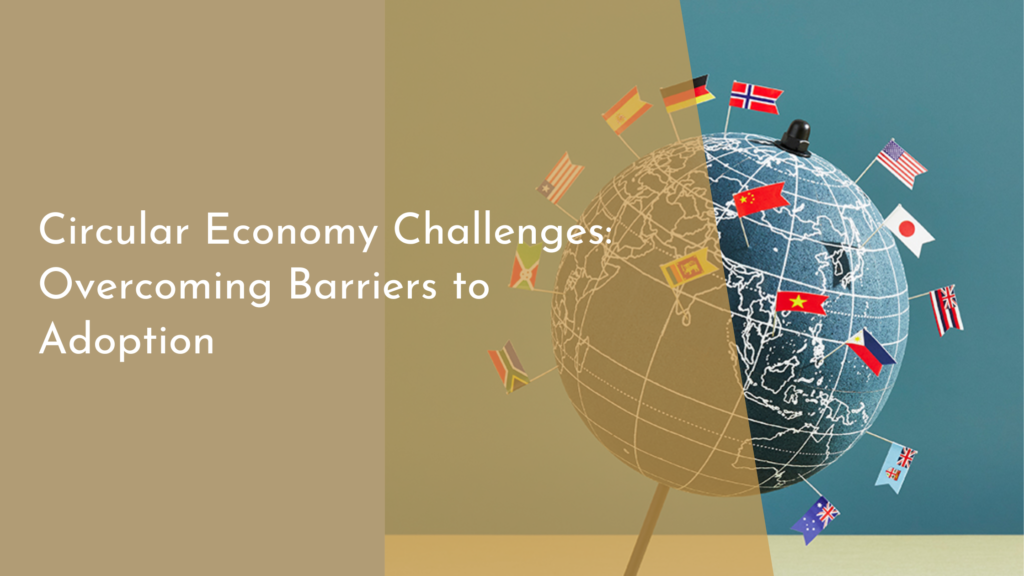The Role of Zoos in Conservation and Education
Zoos have long been a source of fascination for visitors of all ages, offering a unique opportunity to observe wildlife up close. However, their contributions extend far beyond mere entertainment. Modern zoos are pivotal players in the realms of wildlife conservation and education. They serve as sanctuaries for endangered species, provide critical funding for field conservation projects, and play an active role in raising awareness about the importance of biodiversity. This article explores the essential roles that zoos play in wildlife conservation, education, community outreach, and creating joyful learning experiences.
Discovering the Vital Role of Zoos in Wildlife Conservation
Zoos have become sanctuaries for many endangered species, providing them a safe environment where they can thrive. Through carefully managed breeding programs, zoos help to increase the population of species on the brink of extinction. Such initiatives not only ensure genetic diversity but also create a reservoir of animals that can potentially be reintroduced into their natural habitats. For instance, the American Zoo and Aquarium Association (AZA) coordinates Species Survival Plans that unify efforts across multiple institutions to enhance the survival prospects of vulnerable species.
Moreover, zoos are crucial in funding and supporting field conservation projects that protect habitats and wildlife outside their walls. Many zoos partner with conservation organizations globally, providing financial resources and expertise to help in reforestation, anti-poaching efforts, and wildlife rehabilitation. By using their platforms to raise awareness and funds, zoos contribute significantly to global conservation initiatives, making a real difference in the fight against biodiversity loss.
How Zoos Educate and Inspire Future Generations
Education is a central pillar of the modern zoo experience. Through interactive exhibits, informative signage, and engaging programs, zoos provide visitors with a comprehensive understanding of wildlife and environmental issues. By offering educational workshops, guided tours, and live presentations, zoos spark curiosity and foster a deep appreciation for animals and their habitats. This immersive experience helps demystify wildlife, encouraging visitors to become informed advocates for conservation in their own right.
Furthermore, zoos often cater to school groups and families, making it easy for children to learn about science and biology in a fun and engaging way. This hands-on learning approach inspires young minds to consider careers in wildlife biology, veterinary medicine, and environmental science. The magical encounters with animals can ignite a passion for conservation that lasts a lifetime, ensuring that future generations are equipped with the knowledge and motivation to protect the planet.
Engaging Communities: Zoos’ Outreach and Conservation Efforts
Zoos are not just places to visit; they actively engage with their surrounding communities to promote awareness and involvement in conservation efforts. Many zoos implement outreach programs that connect with local schools, community groups, and organizations, providing resources and support for environmental education. These initiatives often include workshops, field trips, and volunteer opportunities, allowing people to participate directly in conservation activities and learn about local ecosystems.
Additionally, zoos are increasingly focusing on sustainable practices and community conservation efforts. By promoting responsible pet ownership, recycling programs, and habitat restoration projects, they encourage visitors to contribute positively to their environment. Community engagement efforts help build a shared sense of responsibility for wildlife and the planet, fostering a culture of stewardship that extends far beyond the zoo’s gates.
The Joy of Learning: Fun Experiences at Your Local Zoo
Visiting a zoo is not just about observing animals; it’s an adventure filled with moments of joy and discovery. Many modern zoos offer a variety of interactive experiences such as animal encounters, behind-the-scenes tours, and educational presentations that captivate visitors of all ages. These fun activities make learning enjoyable, allowing guests to connect with wildlife on a personal level and deepen their understanding of animal behavior, conservation efforts, and the challenges facing our planet.
In addition to educational programming, zoos often host special events, such as themed days, festivals, and seasonal celebrations that further enhance the visitor experience. Families can enjoy a day of fun, exploration, and learning, creating lasting memories while supporting important conservation efforts. The combination of entertainment and education ensures that a visit to the zoo is not only memorable but also contributes to the larger goal of wildlife conservation.
In conclusion, zoos play a critical role in wildlife conservation and education, making meaningful contributions that extend well beyond their physical boundaries. By protecting endangered species, engaging communities, and inspiring future generations, they foster a culture of conservation and awareness. Each visit to a zoo not only brings joy and excitement but also encourages a deeper understanding of the vital role that all individuals can play in preserving the natural world. So, the next time you visit your local zoo, remember that you’re not just there for the fun—you’re also supporting a noble mission to help protect our planet’s precious wildlife!


